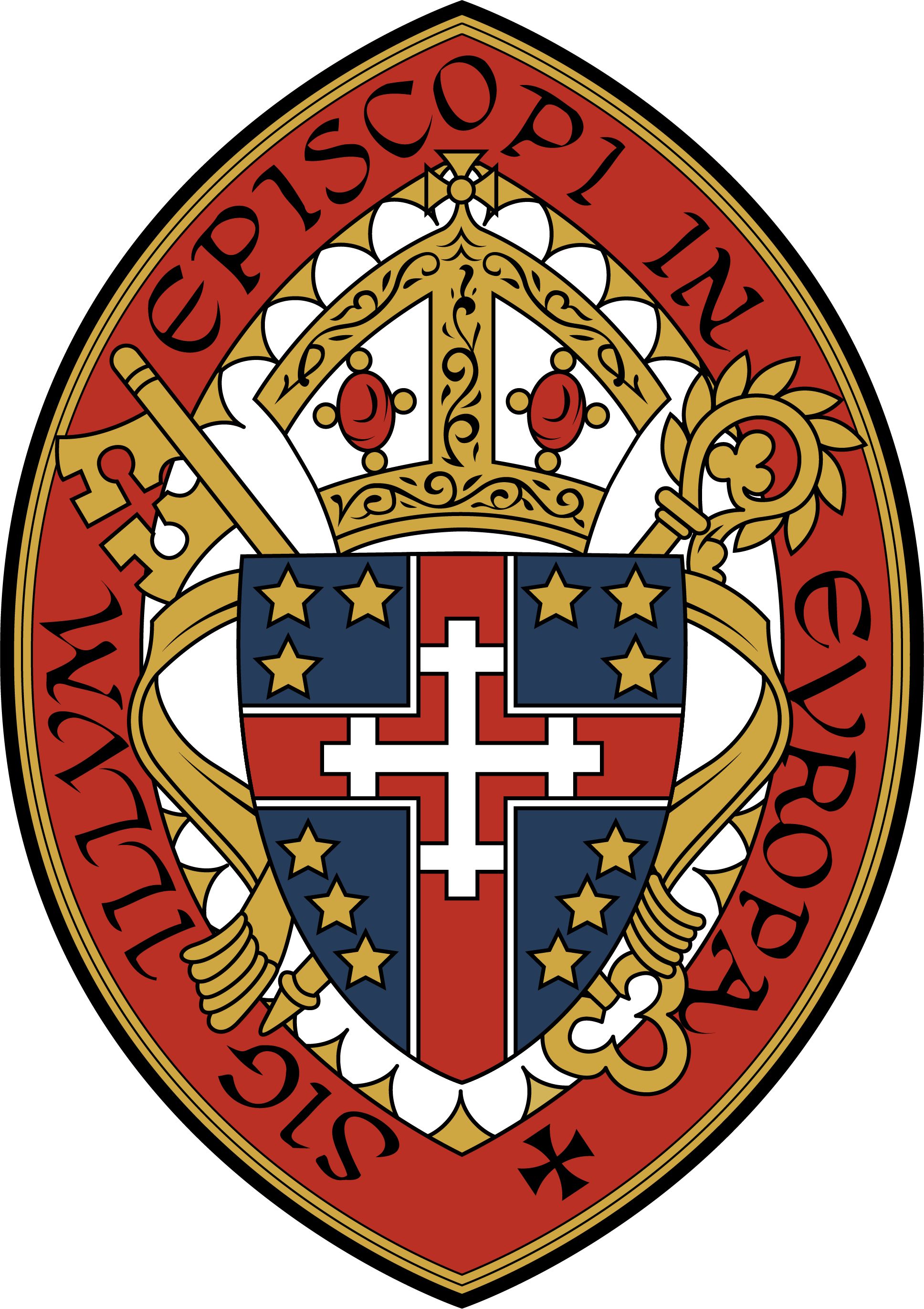
I grew up in a place that gloried in four distinct seasons. Each was distinct and gave rise to a whole set of hopefully guarded expectations—the softness of spring, the verdant fields and occasional storms of summer, the crisp colors of fall, the snowbound hearths of winter.
So It always bothered me the smallest bit that Jesus seemed to live a life separate and apart from the weather. So much of the human experience is contained in the Gospels; so much of our lives we can see reflected in the stories of Jesus’ earthly ministry. But we never see him ducking inside to get out of a storm, or seeking shade to avoid the heat of the afternoon, or huddling around a fire to stave off the cold of night. (Even the images of our Christmas carols—think “In the Bleak Midwinter”—are fanciful embroidering on birth narratives that never mention the weather.)
Recently, just after the early July heat wave finally broke across Europe, The Guardian carried an article examining the disconnect between the severe heat coming to be our constant companion in Europe during the summer and the seeming lack of concern, much less activism, about the climate emergency that is driving this change in the weather. A poll reported on in the article found that “the share of people concerned about climate change has fallen over the past year, dipping from 68% to 60%. Support for the UK’s target to hit net zero emissions by 2050 fell even further, plunging from 62% to 46%.”
The UK is hardly alone in this: Pronouncements against climate-focused policies seem to gain greater and greater popular support for parties of the extreme right across Europe. Here in France, the right-wing National Rally party recently pushed proposals to stop new solar and wind projects in the country—and immediately afterward called for a new initiative to incentivize wider use of air conditioning.
As Christians we find in the creation story the reality of our responsibilities for stewarding God’s handiwork. Our partnership with the earth and its creatures is written into the God’s intent that we are “made in [God’s] image and likeness.” Others may despair at the sheer scale of the damage we have wrought to the earth’s climate, or decide that they are relieved by the difficulty of the challenges we face from trying to make a difference at all; but that is not an option for us, in the same way that apathy is not an option for us. We must care; we must respond.
This fall, our Festival of Gathering will focus on exploring both our Christian responsibility toward God’s creation and the ways in which, as individuals and communities, we can act on that responsibility as Christians and citizens. As we walk through the weather of the weeks of summer, keep in your prayer and in your planning the ways in which God calls us to join in the work of protecting this utterly astonishing creation in which we live—and think about coming to Wiesbaden in October to listen and learn with us.
See you in church,
Mark
